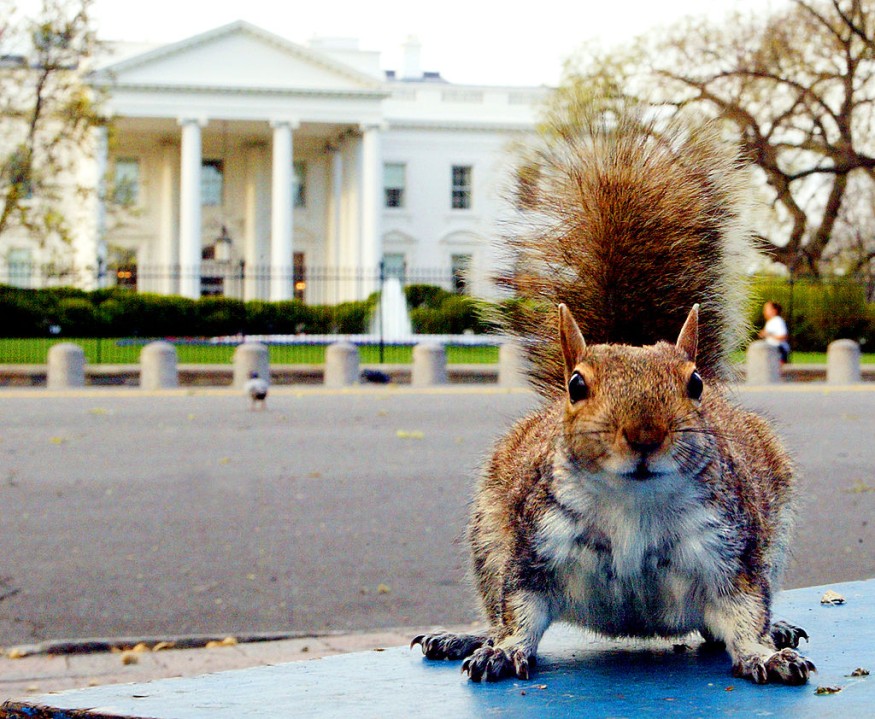
Thirteen-lined ground squirrels, tiny creatures native to North America's plains, spend six to eight months of winter hibernating without food or water.
This remarkable survival ability has long puzzled scientists, but new research from Yale University offers insights into the mechanisms that make it possible.
The Role of Hormones and Salt in Ground Squirrels' Winter Survival Strategy
During hibernation, these squirrels enter a state of torpor, where their body functions slow down dramatically.
Even when they briefly wake during this period, they do not eat or drink. Researchers have discovered that these squirrels maintain blood ion levels similar to active squirrels by conserving water and relocating ion reserves to areas in the body where they won't enter the bloodstream.
According to Earth.com, hormones also play a role in this process. Certain hormones act as antidiuretics, preventing water loss. Remarkably, the part of the brain responsible for producing these hormones remains active during hibernation, ensuring efficient water retention.
The most intriguing question for researchers was how these squirrels suppress thirst. When offered water during hibernation or shortly after waking, the squirrels refused to drink, showing no apparent struggle to suppress the need. However, they readily accepted salt, hinting at its role in their hibernation strategy.
Read more: Mountain Lions Are Shifting to Nighttime Activity to Avoid Human Hikers, Researchers Discover
The Brain Mechanism That Helps Squirrels Survive Months Without Water
Further investigation into the brain's neural activity revealed that thirst-triggering neurons respond normally, as they would when the squirrel is not hibernating.
However, a brain mechanism blocks the signals from triggering the sensation of thirst. While the exact mechanism remains unidentified, researchers are determined to uncover it, PhysOrg said.
This discovery has potential applications beyond understanding squirrels. Scientists believe that studying how these animals survive extreme conditions could inform advancements in human medicine and space exploration.
For example, the ability to suppress thirst and efficiently conserve resources could help develop techniques for patients undergoing prolonged surgeries or intensive care.
Additionally, the research could pave the way for astronauts to endure long-duration space missions, such as trips to Mars, by replicating the squirrels' biochemical adaptations.
The thirteen-lined ground squirrel's ability to survive harsh winters without food or water serves as a remarkable example of nature's ingenuity.
These findings could revolutionize how we approach human challenges in extreme environments, proving that even the smallest creatures can inspire groundbreaking innovations in science and medicine.
© 2025 NatureWorldNews.com All rights reserved. Do not reproduce without permission.





